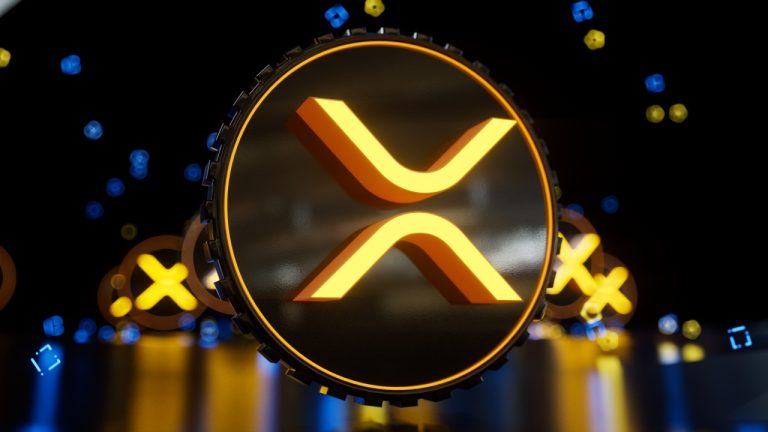ARTICLE AD BOX
The jump has led to higher staking rewards and more ether being burned through transaction fees, the report said.
Dec 3, 2024, 9:29 a.m.
The Ethereum blockchain's transactional revenue has increased substantially since Donald Trump's U.S. election victory, Steno Research said in a Monday report.
"This outcome is crucial for all onchain activity," wrote analyst Mads Eberhardt.
The surge has led to higher staking rewards and more ether (ETH) being burned via transaction fees, the report said.
"This combination strengthen's Ethereum's tokenomics," Steno said, making ether a more appealing asset.
Steno noted that the amount of USDT on the Ethereum network surpassed supply on the Tron blockchain for the first time in more than two years. This is a clear sign that on-chain activity is booming, resulting in greater demand for ether to facilitate transactions and higher transactional revenue.
The number of daily transactions on Ethereum layer-2 networks, or rollups, is also growing, and Steno said it expects this upward trend to continue.
Rollups are Ethereum protocols that process transactions separately from the main network to help increase speed and lower costs. Layer 2s are separate blockchains built on top of layer 1s, or the base layer, that reduce bottlenecks with scaling and data.
The daily fees the rollups pay to Ethereum are not transformative at the moment, but Steno said it is not unrealistic to estimate that they could reach $1 million, and when this happens it will be a meaningful addition to the network's economics.
Ether spot exchange-traded funds (ETFs) in the U.S. recorded their largest one-day net inflow to date on Friday, and surpassed bitcoin (BTC) versions for the first time, the report noted.
Read more: Ether's Risk-Reward Is Attractive, Bernstein Says
Will Canny
Will Canny is an experienced market reporter with a demonstrated history of working in the financial services industry. He's now covering the crypto beat as a finance reporter at CoinDesk. He owns more than $1,000 of SOL.
 1 month ago
70670
1 month ago
70670










 English (US) ·
English (US) ·